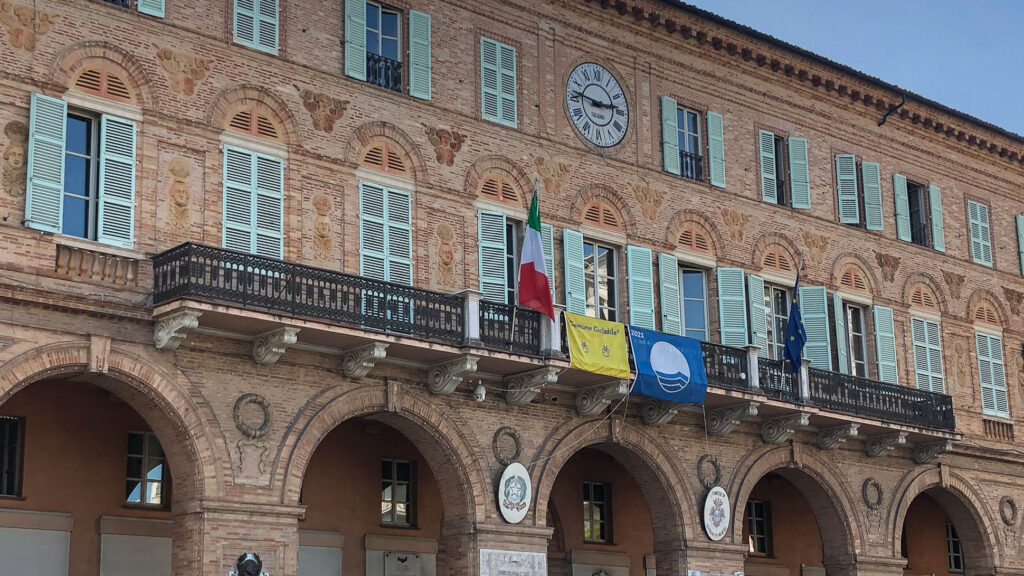
When you explore Italy, you might hear the term comune quite often. It is one of the fundamental administrative units in the country, but its role and functions are not always clear to foreigners.
Understanding what a comune is can save you time and confusion, especially if you are buying property, registering residency, or dealing with local offices.
Definition and Structure
A comune is a municipality, the smallest level of local government in Italy. Each comune has its own mayor (sindaco), a municipal council, and administrative offices. The size of a comune can vary: some include large towns or small cities, while others cover tiny villages scattered across hills and valleys.
Responsibilities
Comuni (plural for comune, singular) manage many day-to-day services that directly affect residents:
• Civil registry (anagrafe) for births, deaths, and residency
• Local urban planning and building permits
• Waste collection and street maintenance
• Local schools, libraries, and public facilities
• Taxes specific to the municipality, like IMU or local service fees
In short, anything related to living in a town—from paying bills to registering property—often goes through the local comune.
Why It Matters for Foreign Residents
If you are moving to Italy or buying property, interacting with the comune is unavoidable. You will register your residency, obtain certain permits, and sometimes pay local taxes. Knowing the structure helps you understand which office to visit and what documents you will need.
Tips for Dealing with a Comune
1. Check office hours in advance; many smaller comuni close in the afternoon.
2. Bring official documents in Italian or get them translated.
3. If you don’t speak Italian, consider hiring a local assistant or bilingual lawyer.
